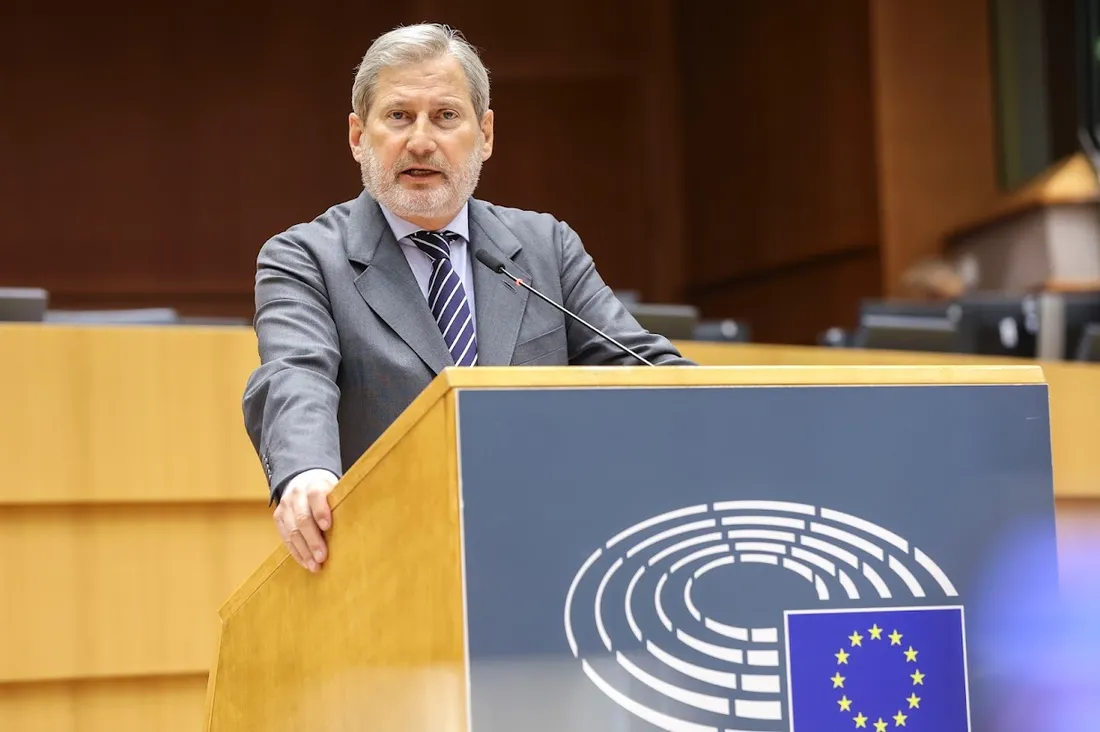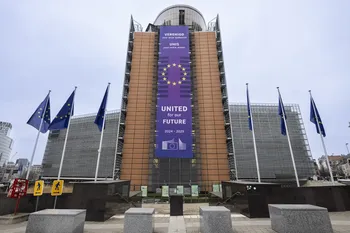
It is with these resources that Brussels aims to ensure the continuity of support for the beneficiaries of the Common Agricultural Policy (CAP), Cohesion Policy and the various directly managed EU-funded programmes - from - and to pursue the EU's long-term policy objectives, in a context complicated by the war in Ukraine, inflation and rising interest rates, which also weighs down the burden of Next Generation EU loans.
Efforts for green and digital transitions, job creation and the strengthening of Europe's role in the world remain the Commission's top priorities, while for support to Ukraine and EU Member States hosting refugees MFF availability would be exhausted so far. The mobilisation of further funds for Kiev will therefore have to wait for the revision of the 2021-2027 multiannual budget.
Where are the European funds of the EU budget 2024 used?
The European budget proposal presented on 7 June by the Commission foresees commitments of 189.3 billion euros for 2024, allocated among the various priorities as follows:
- 53.8 billion euros for the Common Agricultural Policy (CAP) and 1.1 billion euros for the European Maritime and Fisheries Fund (EMFF), for European farmers and fishermen, including to strengthen the resilience of the agri-food and fisheries sectors and provide the necessary room for manoeuvre in the event of a crisis;
- 47.9 billion euros for regional development and economic, social and territorial cohesion, as well as for financing infrastructure to support green transition and EU priority projects;
- 15.8 billion euros to support European partners and interests in the world, such as the Neighbourhood, Development and International Cooperation Instrument (NDICI - Global Europe), the Instrument for Pre-Accession Assistance (IPA III) and Humanitarian Aid (HUMA);
- 13.6 billion euros for research and innovation, devoted to Horizon Europe and the European Chips Act;
- 4.6 billion euros for European strategic investments, including Connecting Europe Facility (CEF) to improve cross-border infrastructure, the Digital Europe programme to shape the Union's digital future and the InvestEU for investments in research and innovation, digital transition, and strategic technologies;
- 2.1 billion euros for space, mainly for the European Space Programme, which will bring together the Union's action in this strategic field;
- 10.3 billion euros for people, social cohesion and values, distributed on NextGenerationEU, Erasmus+, but also to support artists and creators across Europe through Creative Europe, and promote justice, rights and values;
- 2.4 billion euros for environment and climate action, including the LIFE programme and the Just Transition Fund;
- 2.2 billion euros for border protection, partially devoted to the Integrated Border Management Fund (IBMF) and 874 million euros (total EU contribution) for the European Border and Coastguard Agency (Frontex);
- 1.7 billion euros for migration-related expenditure, of which 1.5 billion euros to support migrants and asylum seekers;
- 1.6 billion euros to address defence challenges, in particular to support capability development and research under the European Defence Fund, military mobility, the new short-term defence instrument (EDIRPA) and support munitions production;
- 947 million euros to ensure the functioning of the single market, of which 602 million euros for the Single Market programme and 200 million euros for anti-fraud, tax and customs activities;
- 754 million euros for EU4Health, to ensure a comprehensive health response to people's needs, as well as 230 million euros for the Union Civil Protection Mechanism (rescEU) to be able to provide rapid operational assistance in the event of crises;
- 26 million euros for security, of which a part will be devoted to the Internal Security Fund (ISF), which deals with terrorism, radicalisation, organised crime and cybercrime;
- 213 million euros for secure satellite connections under the new Union Secure Connectivity Programme.
The Commission's draft budget will now be negotiated between the EU Parliament and the Council, which will be responsible for the final adoption of the 2024 budget.
For further information, check the page to the EU Budget 2024.







